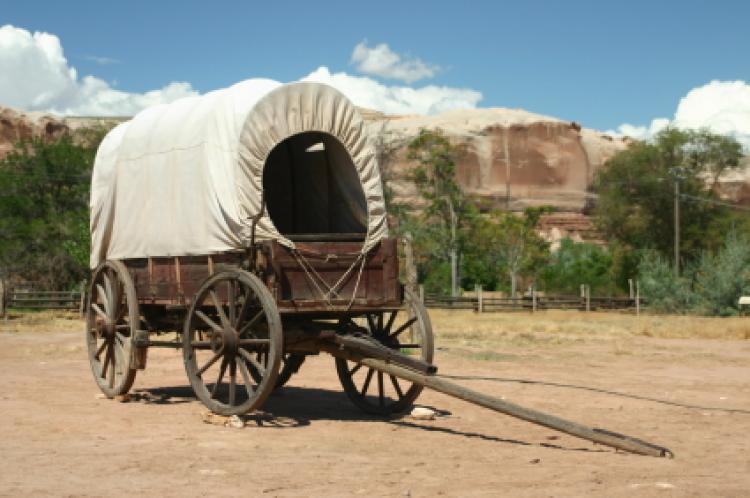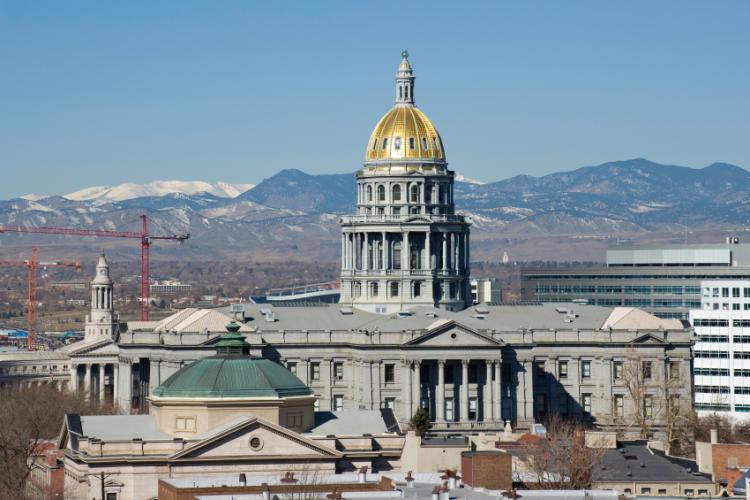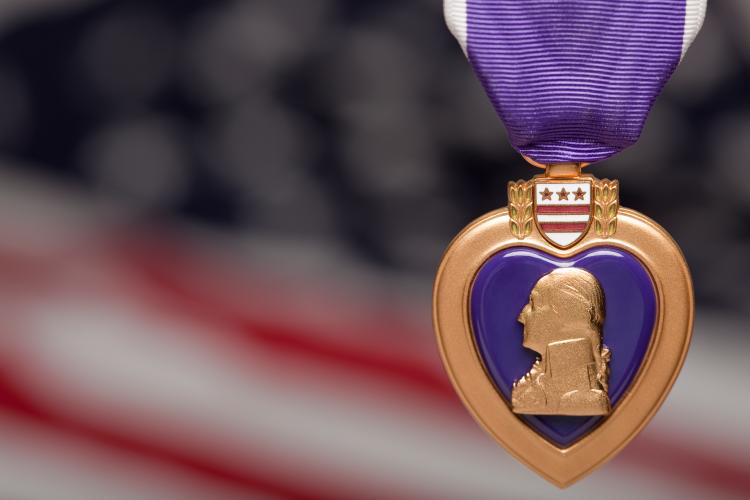Hanukkah, also known as the Festival of Lights, is an eight-day Jewish observance to commemorate the Jewish people's struggle for religious freedom.
It is a Jewish tradition for candles to be lit during Hanukkah.
The Last Day of Hanukkah is not a nationwide federal holiday in the United States. Many Jewish schools have their schools vacation fall around the same time of Hanukkah.































